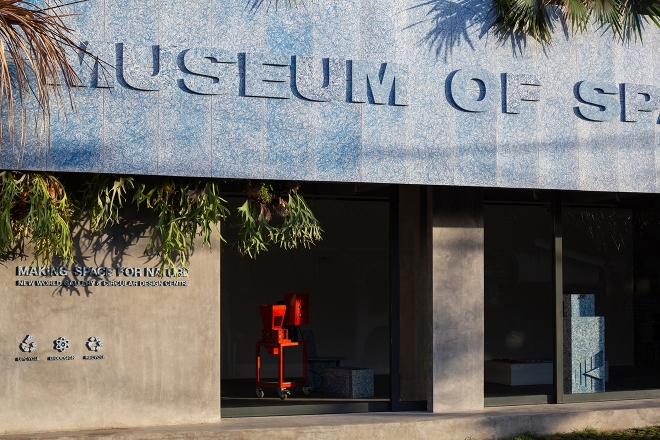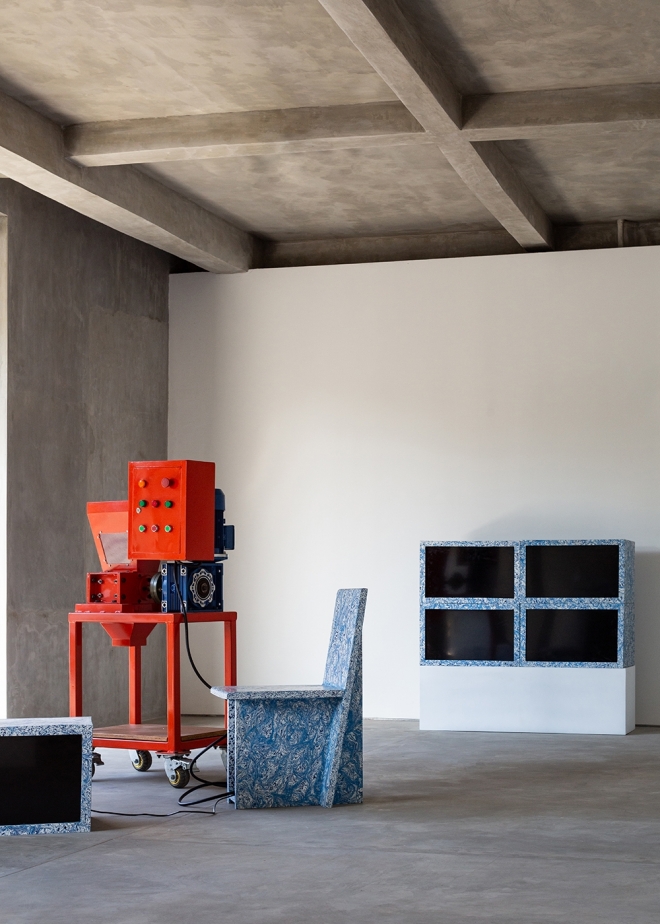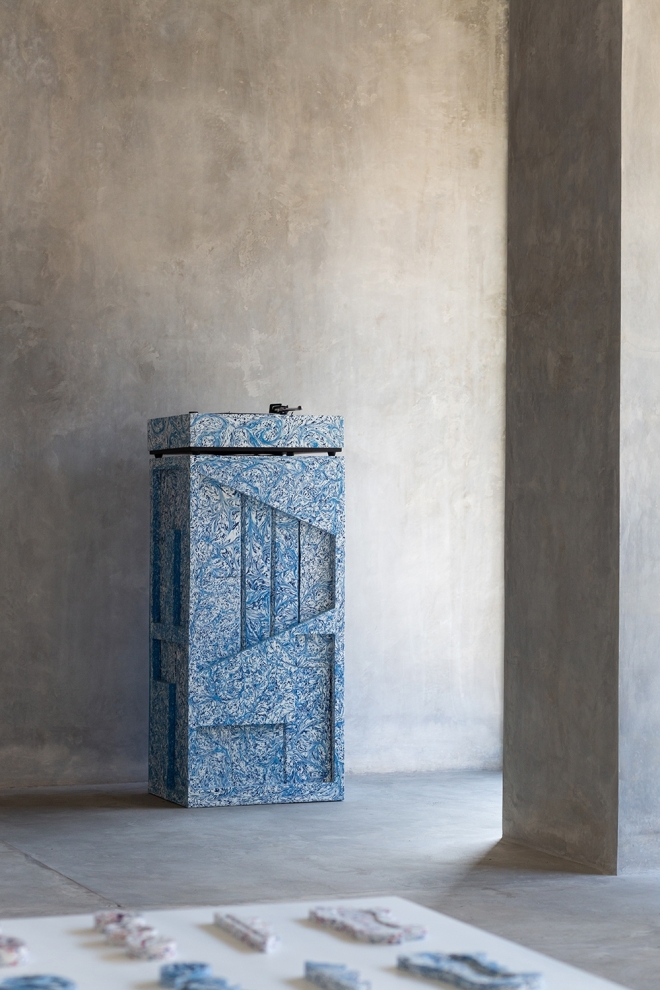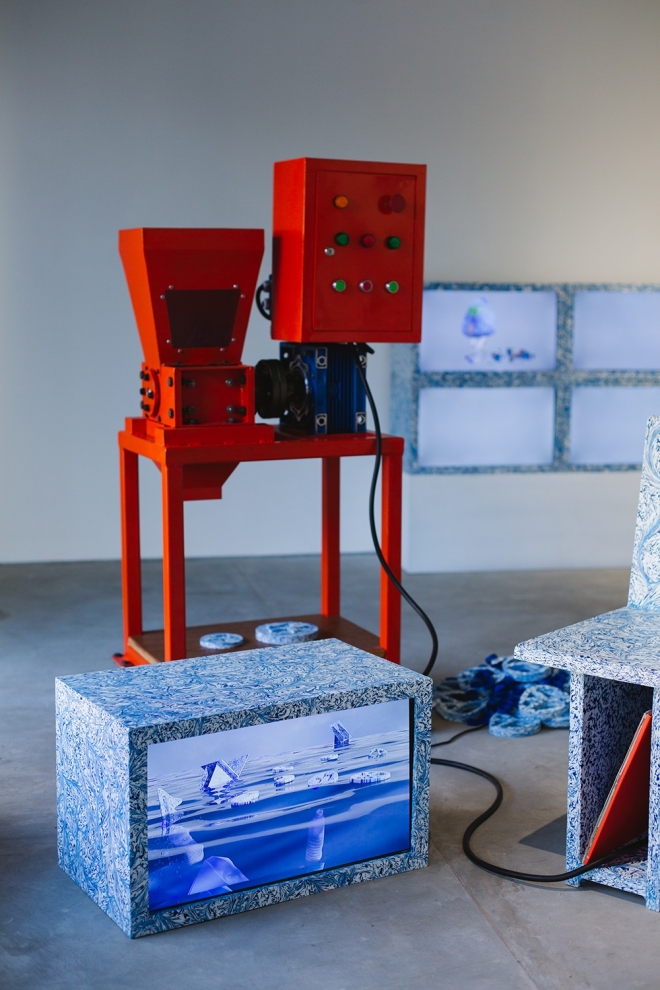The Museum of Space Available (MoSA) opens as a gallery & circular design centre in Bali
The project is led by Dan Mitchell, Potato Head’s former Creative Director

Maybe you remember Dan Mitchell from Potato Head. He served as its Creative Director for almost a decade, sweeping us up in the beach club’s allure while educating mass holiday-makers and club-goers on local traditions and cultural flavours alongside a low-key music programme. And the deeper that Potato Head went into exploring a circular economy, the more it showed across all of its creative pillars—Dan played a big part in that.
And for that reason, it made sense for him to go on and launch Space Available, a creative platform and ecological design collective on a mission to create a circular future based on regenerative principles of the natural world. A physical manifestation followed called the Museum of Space Available (MoSA), a new world gallery and circular design centre in Bali, Indonesia, connecting globally through a Web 3.0 ecosystem.
MoSA opened earlier this month with a grand façade made from over 200,000 waste-plastic bottles recycled in partnership with Indonesian circular firm Robries. Aesthetically and ethically show-stopping, the design is rooted in messaging that highlights the plastic pollution crisis threatening Indonesia’s waterways.
The two-storey space was previously a derelict building that itself was upcycled into MoSA together with the architects of Sidarta and Sandjaja. The ground floor is a home for Space Available Studios, with contributions from an international community of artists, designers and scientists specialising in bio-innovation, radical recycling, upcycling and future craft.


Upstairs is home to an upcycling bar and recycling station, as well as a service centre for free repairs on all Space Available products, like a chair (designed in collaboration with Peggy Gou), turntable casing, record box and other bits all made from recycled plastic. It also serves as a learning facility for workshops to benefit the local community as part of Space Available’s greater educational ethos.
Space Available founder Daniel Mitchell says in a press statement: “While museums around the world play a vital role in showcasing the past, we wanted to create a space that explores the future. We believe the future of design is circular and regenerative and we wanted to create an experience that archives and explores the visions and systems that could help reshape our lives going forward.”
Space Available opened its doors with an art project called Plastic People, which explores the story of synthetic plastics, their influence on consumer culture, the planet and our health, and how the design and art industries can help create circular systems that challenge destructive linear thinking.
A description reads: “Spanning multiple physical- and digital-world elements such as NFTs, physical sculptures, Space Available product installations and a case study exhibit, Plastic People dives into the gifts and curses of plastic as a material over the decades in an effort to create awareness around modern waste culture and the impacts of plastic on human health.”

All profits from the exhibit will go towards a new recycling facility in Java, an area listed as the second-worst plastic polluter in the world. With plans to launch an NFT in the future called Plastic People, buyers will become founding members of the Space Available recycling facility, receiving access to limited-edition Space Available products, special offers, events and more.
MoSA is now open to the public Tuesday-Sunday from 11am-7pm.


